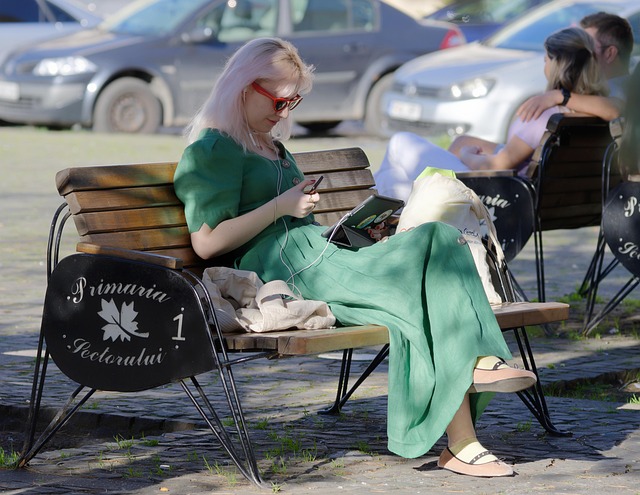In recent years, urban horticultural competitions have blossomed in cities around the globe, transforming concrete jungles into vibrant green paradises. These events not only celebrate the art of gardening but also serve as a rallying cry for environmental awareness and sustainability. With more individuals recognizing the importance of eco-friendly practices, urban horticultural competitions have become a beacon of hope amid rising environmental challenges.
As city dwellers increasingly seek connections with nature, these competitions provide an opportunity to showcase creativity and ingenuity while emphasizing the importance of green spaces. Participants, from seasoned gardeners to enthusiastic novices, come together to cultivate a sense of community centered on a shared love for gardening and the environment. Vibrant displays of flowers, herbs, and vegetables not only beautify neighborhoods but also promote biodiversity, essential to maintaining the ecological balance.
The rise of these competitions is not merely about growing the largest tomatoes or the most elaborate flower arrangements; it’s about initiating a dialogue around sustainability and the role of gardening in mitigating urban pollution. By integrating eco-friendly practices such as composting, rainwater harvesting, and organic pest control, competitors set an example for others in the community to follow. This grassroots movement encourages individuals to rethink their relationship with nature and advocate for greener living choices.
As participants prepare for these events, they often engage in educating themselves and their neighbors about the importance of native plants and their contributions to local ecosystems. By prioritizing plants that naturally thrive in the area, urban horticulturalists can support local wildlife, including pollinators like bees and butterflies. This shift towards biodiversity not only enhances the aesthetics of urban environments but also fosters resilience against climate change.
Moreover, the thrill of competition ignites a passion for gardening that extends beyond the confines of the event. Participants form clubs, share knowledge, and inspire others to dig into their own gardens. The shared experiences of nurturing plants and creating green spaces nurture a collective sense of purpose and pride, reminding urban residents of the joys that gardening can offer, from the simple pleasure of digging in the soil to the satisfaction of harvesting homegrown produce.
As more cities embrace these eco-friendly initiatives, urban horticultural competitions become not just a trend but a vital aspect of sustainable urban development. They encourage individuals to reclaim neglected spaces, creating pockets of greenery that serve as urban oases. Each blooming flower and lush vegetable patch symbolizes hope and resilience, reminding us that even in the heart of the urban landscape, nature can thrive.
In the face of climate change, cities around the world are beginning to realize that fostering green initiatives can lead to healthier and happier communities. Urban horticultural competitions play a crucial role, offering a platform for individuals to express their creativity, connect with nature, and combat environmental issues. As these events continue to gain momentum, they pave the way for a greener and more sustainable future, one garden at a time.




